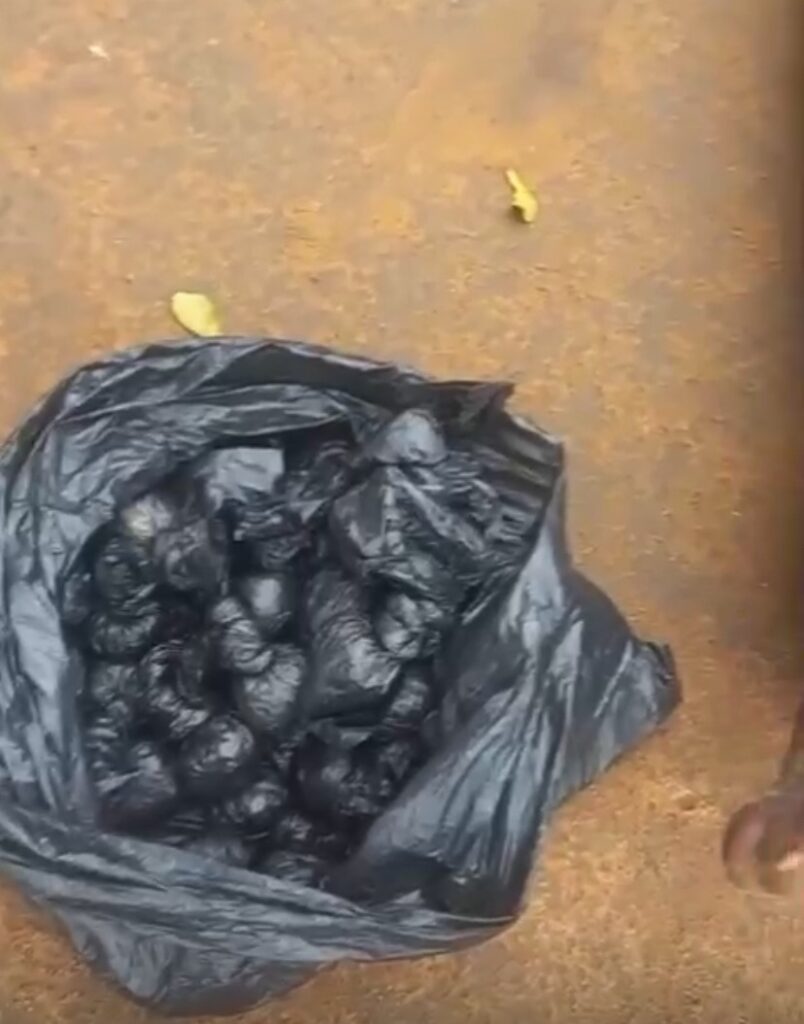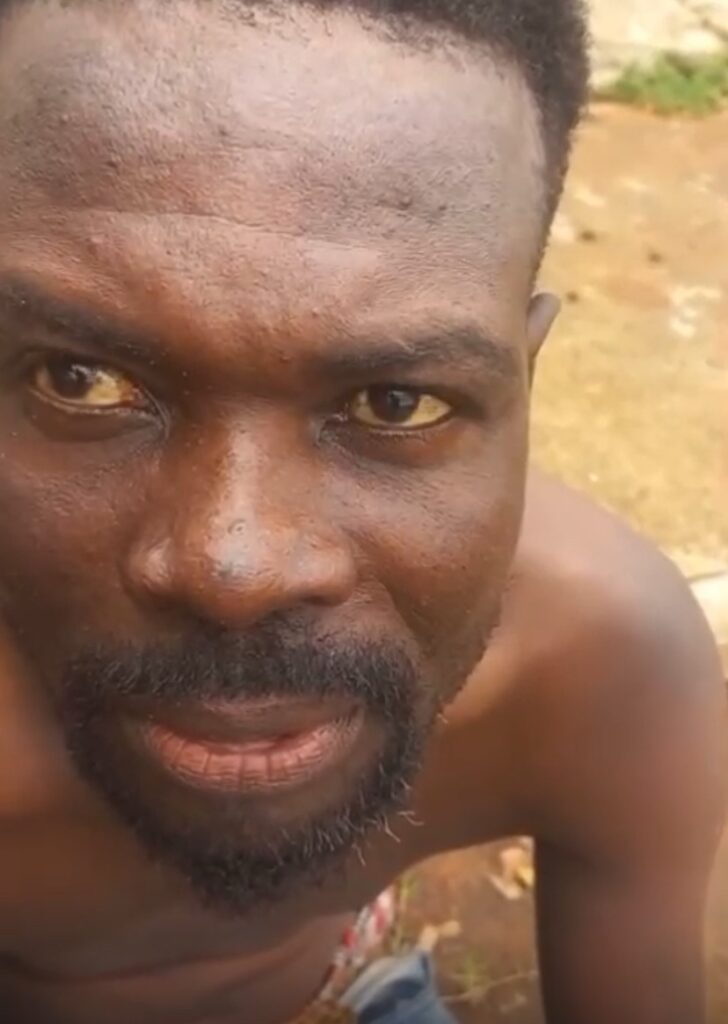By Karen James
In an era where information travels at lightning speed and social media posts pass for breaking news, the integrity of true journalism is under increasing threat. The recent controversy surrounding the arrest of a known drug dealer in Okpoko has highlighted the dangers of careless reporting and the growing divide between professional journalists and self-acclaimed bloggers or content creators.

At the center of the storm is a viral online post claiming that a trader, Ugochukwu Ukeje, was unlawfully arrested by the Anambra State Anti-Tout Squad (SASA) for merely “looking like a tout.” The statement, published and circulated by self-described human rights activist Deji Adeyanju, sparked outrage, alleging extortion and profiling by government-backed security operatives.

But behind the emotional appeal and unverified claims lies a completely different story—one backed by concrete video evidence and a public confession.
Sources within the security circle in Okpoko confirm that the suspect, far from being an innocent trader, was caught red-handed in a local bar along with members of his gang. During interrogation, he openly confessed to dealing drugs and operating within the premises where he was arrested.

“This is not a case of mistaken identity or harassment,” said one of the officers who participated in the arrest. “We have video footage of the suspect admitting to selling drugs. The location is known for illegal activities, and we acted based on intelligence.”
High-ranking officials within the Anti-Tout Squad have also condemned the viral report, accusing some bloggers of spreading false narratives without investigation.

“When someone sits behind a phone, listens to half-baked street gossip, and posts online without asking a single question or verifying facts, that is not journalism,” said a top security official. “That is content creation for clout, and it is dangerous.”
The officer further urged the public to draw a line between real journalists who abide by ethical standards and social media activists who distort facts for likes and engagement.

The State Government, reacting to the incident, has maintained that the Anti-Tout Squad’s primary mission remains to restore order and dismantle criminal operations under the Soludo administration’s broader security reforms.
However, it also assured that all actions by operatives will continue to be monitored to prevent any abuse of power.
Meanwhile, calls are being made for Deji Adeyanju to apologize and retract his misleading statement, especially now that there is irrefutable evidence proving that the arrested individual is not a wrongly profiled trader, but a self-confessed drug dealer.
As this case unfolds, one thing is clear: journalism is not about echoing hearsay, but about uncovering the truth through investigation, evidence, and fairness.
Anything less is a disservice to justice—and to the people.
